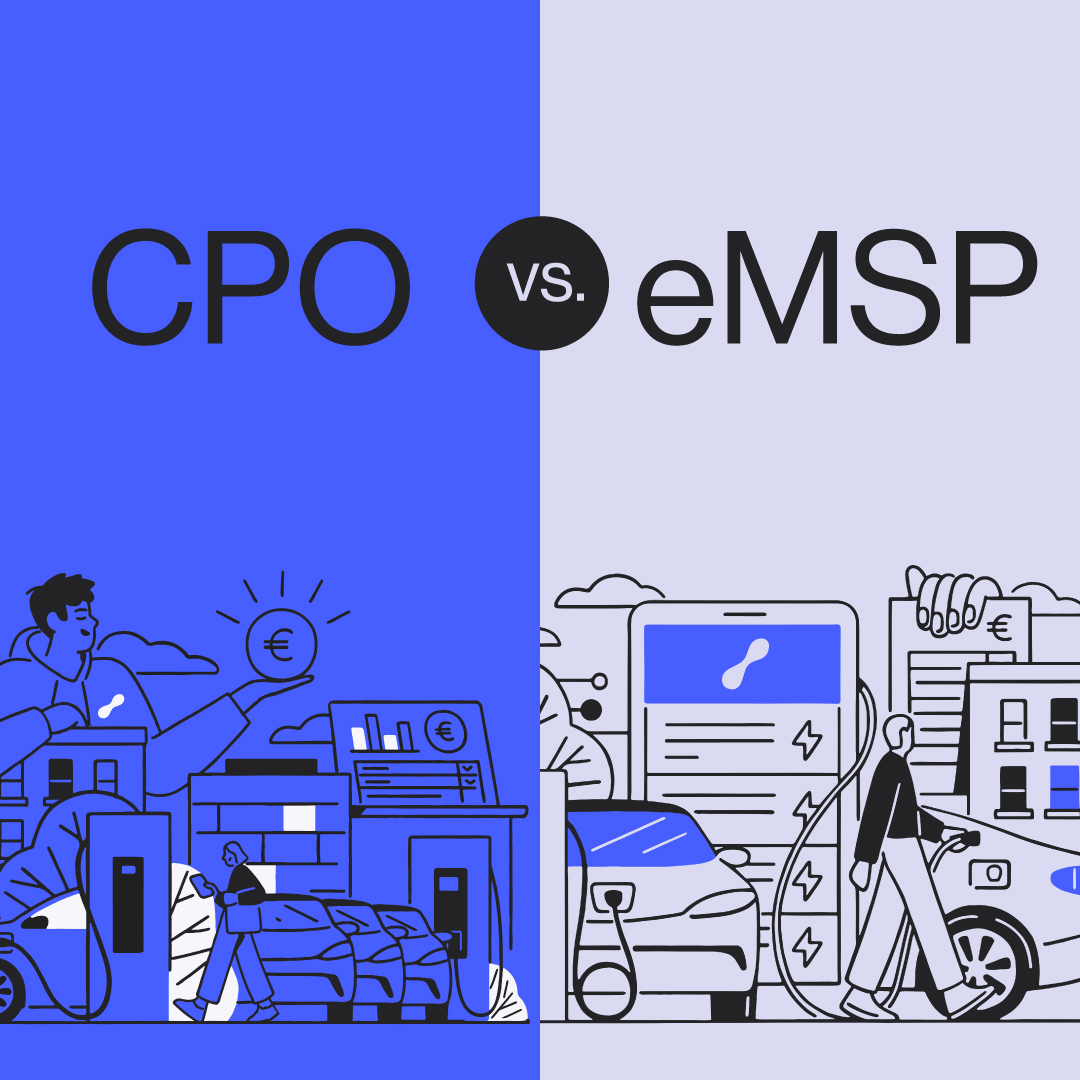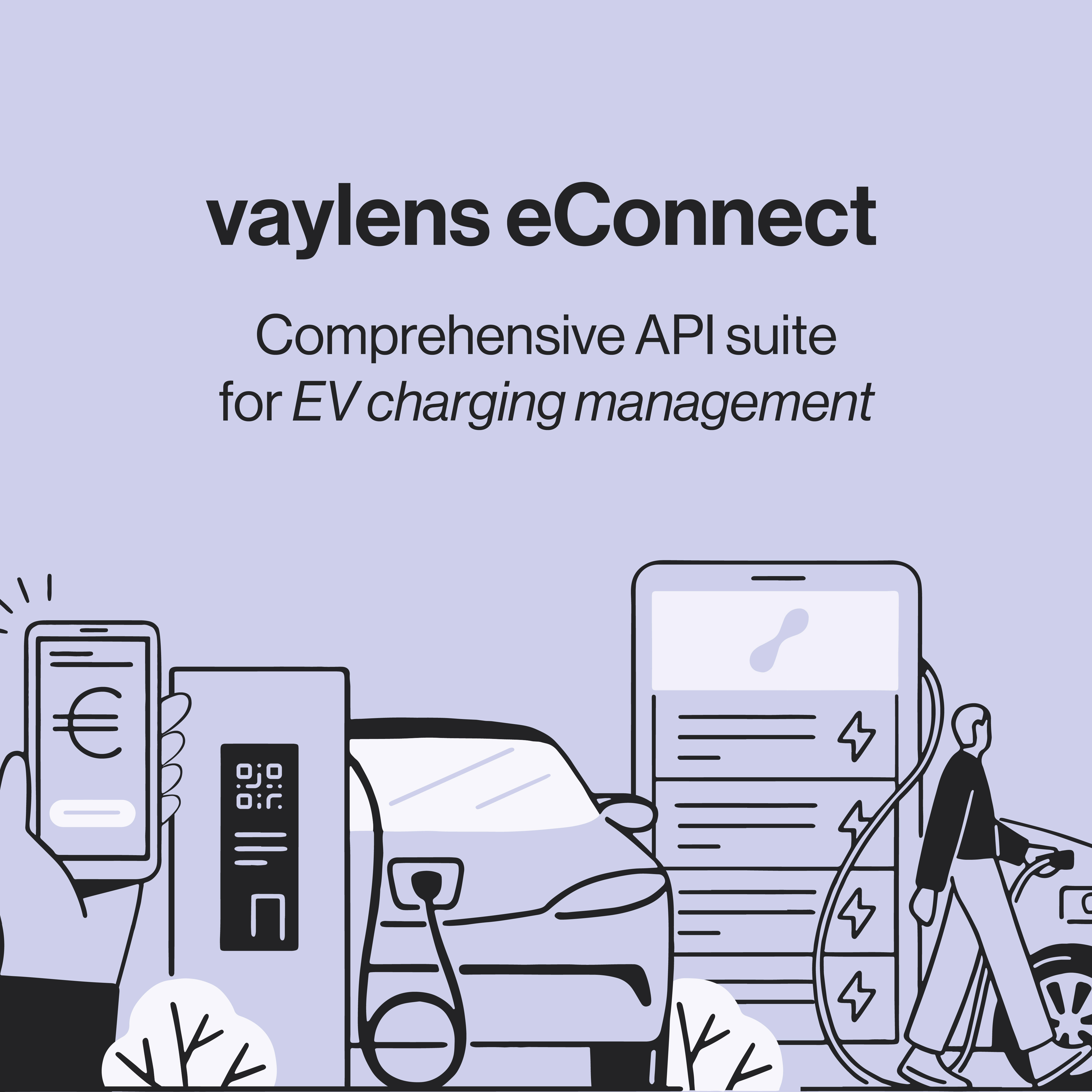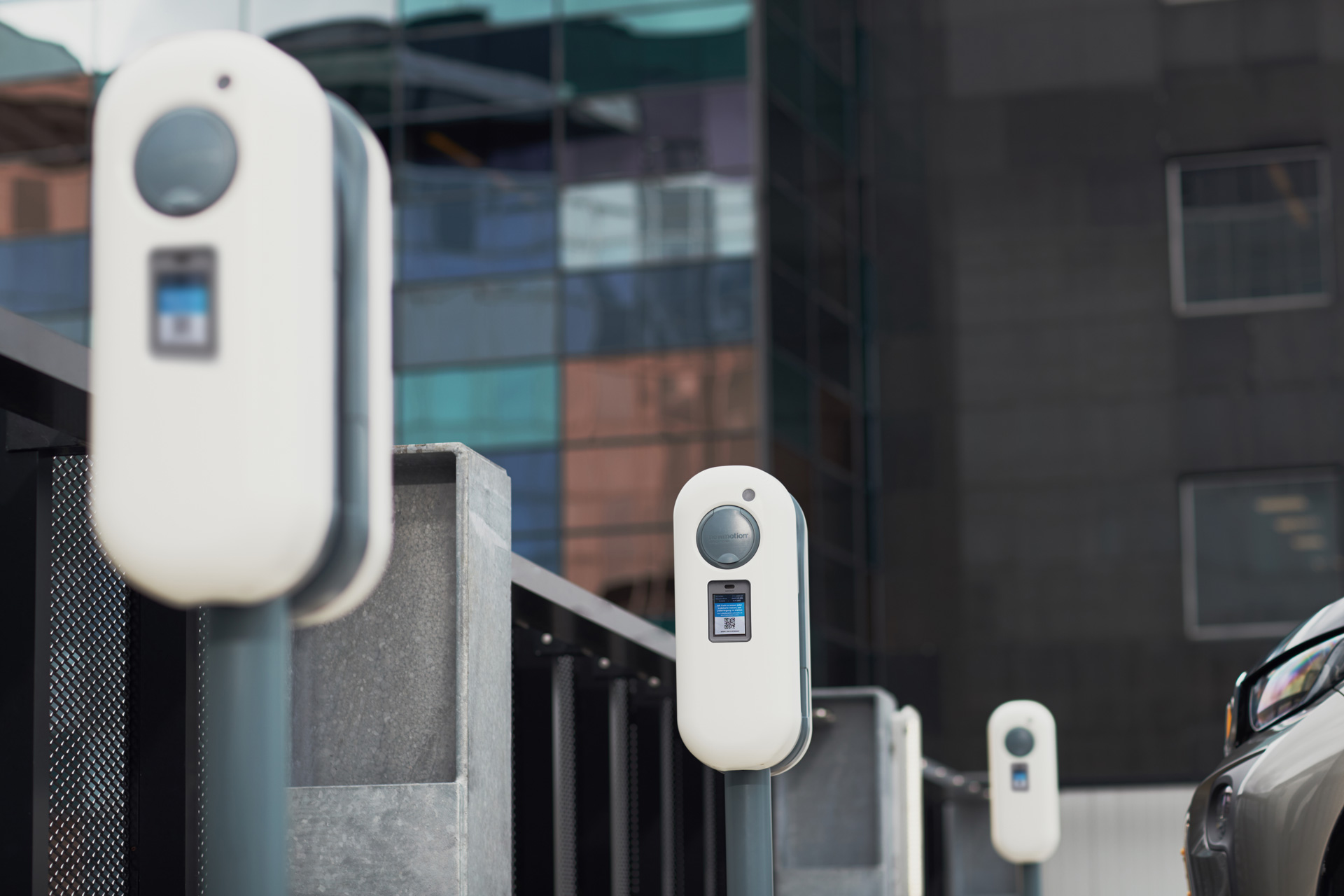EV charging's best practices and market developments
Follow the latest developments in EV charging regulations, subsidies, and best practices here.

CPO vs eMSP in EV Charging: What’s the difference?
Learn the difference between CPOs and eMSPs for EV charging. Understand their roles, how they work together and how vaylens helps them work together.

CPO vs eMSP in EV Charging: What’s the difference?
Learn the difference between CPOs and eMSPs for EV charging. Understand their roles, how they work together and how vaylens helps them work together.
Showing 0 of 100
Germany’s €3 billion boost for electric mobility: why this time feels different
After months of uncertainty, the German e-mobility market is finally regaining clarity. The federal government plans to allocate €3 billion in new subsidies through 2029, aimed mainly at low- and middle-income households. In addition, the vehicle-tax exemption for electric vehicles is to be extended until 2035, instead of ending in 2030.
The essential role of ad hoc EV charging payment systems
Charging stations in public spaces can’t just work for specific cardholders or subscribers; ad hoc payments need to be an option, and an easy one, too. For charge point operators (CPOs), including parking operators, it makes more sense to let more drivers pay at their stations instead of gatekeeping.
What AFIR means for CPOs and EV drivers
For charge point operators (CPOs), AFIR brings both opportunity and added responsibility. Best practices that were once optional are now binding obligations, and the savviest operators will see the regulation as a catalyst for building better networks and a sturdier revenue stream.
No results matching your filters.
Remove or adjust the filter(s) to explore again.














